Nutritent Composition, As Per T. Colin Campbell
NUTRIENT COMPOSITION, AS PER T. COLIN CAMPBELL (ISSUE 146) SEPTEMBER 16, 2014
By Diane Gold
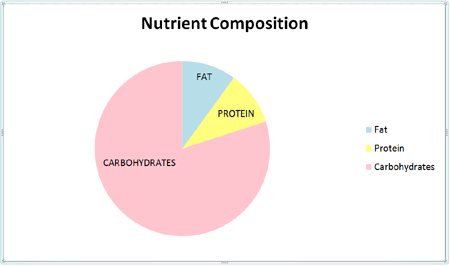 Nutrient composition, as per T. Colin Campbell, is far more important than looking at the amount of one nutrient quantity alone. The amount of calories we ingest is not as important as what type of calorie we take in.
Nutrient composition, as per T. Colin Campbell, is far more important than looking at the amount of one nutrient quantity alone. The amount of calories we ingest is not as important as what type of calorie we take in.
When I was preparing to interview Dr. Campbell, the author of The China Study, Whole, grand researcher of 58 years and father of plant-based nutrition; I asked about his own diet, using the word “vegan.” He very astutely answered me in a way that gave me a much fuller understanding of how we eat and what is the right way for us to eat, the crux of this article. He said,
“Average dietary fat [when speaking about vegans and vegetarians as one group] is about 30% of total calories—not very different from omnivores—and 90% of vegetarians still use dairy and have relatively high fat diets. Therefore, the nutrient composition of the ‘V’ diets is not that different from the average American diet; and
“it is nutrient composition that is the best estimate of the health value of foods.
“The WFPB [whole food plant-based] diet is more like 10-10-80 (fat:protein:carbohydrate) and is all whole food and is plant-based. This is a very big difference from most vegan and vegetarian diets.”
According to the National Academy of Science, Food and Nutrition Board, which is used by the US Department of Agriculture for statistics, the ratio is 20-35/10-35/45-65 (fat:protein:carbohydrate). This is quite different from the words of this great researcher whose words and studies I trust and respect.
MACRONUTRIENTS
As has been mentioned in http://warriorsofweight.com/food-labels-the-next-generation-in-nutritional-data, macronutrients refer to the large divisions of food including fats (including an additional breakdown for saturated fats), proteins and carbohydrates.
MACROMINERALS
There are certain minerals that we need in large quantities for our bodies to function well, build bones, make hormones, etc. In humans, these are sodium, potassium, phosphorus, calcium, magnesium, sulfur and chloride.
Although the FDA Food Labeling Guide 14, Appendix F, January, 2013, shows that we need 3500 mg of potassium; the Institute of Medicine, 2011 Dietary Reference Intakes summary indicates that the optimum amount is 4700 mg per day.
Just for fun, and because I really wanted to know; I added up my intake for the day which was only 3063. I think I will add a head of broccoli or a double serving of spinach to my selection of other plants. That will put me around 4700.
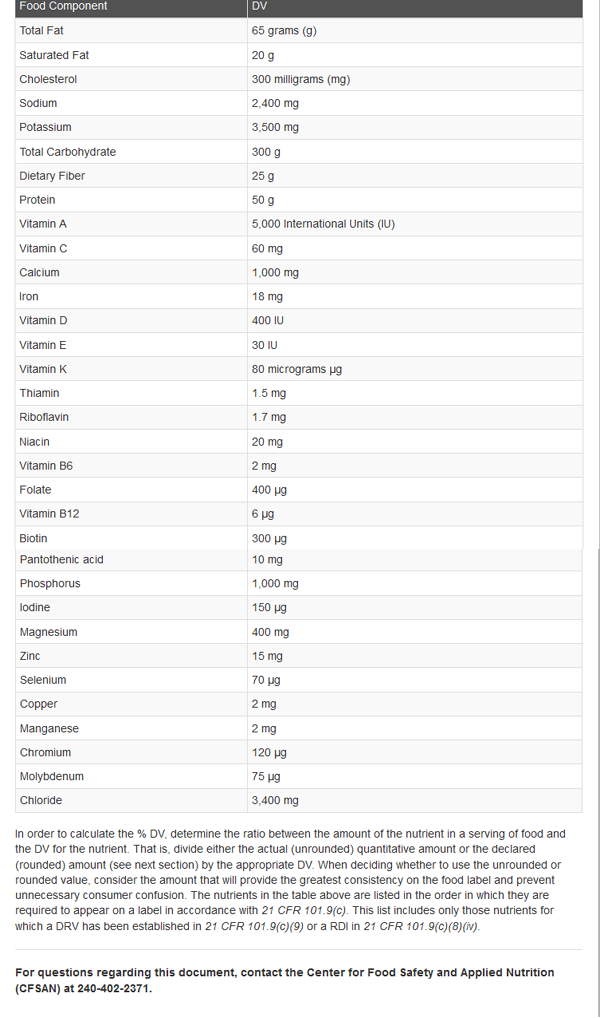
http://www.fda.gov/Food/GuidanceRegulation/GuidanceDocumentsRegulatoryInformation/LabelingNutrition/ucm064928.htm
FACTORS THAT CHANGE OUR NEEDS
 The following factors can change the amount of a macronutrient (like a carb), a micronutrient (like vitamin A), a macromineral (like calcium), a micromineral (like copper), a phytochemical (like quercetin) that we need on a particular day. When just 1 change occurs in our lives, the body goes through the domino effect, where every system’s connection to every other system in the grand infrastructure we call the human body is affected.
The following factors can change the amount of a macronutrient (like a carb), a micronutrient (like vitamin A), a macromineral (like calcium), a micromineral (like copper), a phytochemical (like quercetin) that we need on a particular day. When just 1 change occurs in our lives, the body goes through the domino effect, where every system’s connection to every other system in the grand infrastructure we call the human body is affected.
Hopefully, we take care of ourselves so that we have a functioning immune system that can protect these changes.
1) over use or under use of a particular organ
2) body size
3) amount of physical activity
4) emotional state
5) compromising organism (bacteria, virus, fungus, cancer cell), diagnosed or not
6) the weather and our a change in altitude
7) hydration and nutritional changes
CONCLUSION
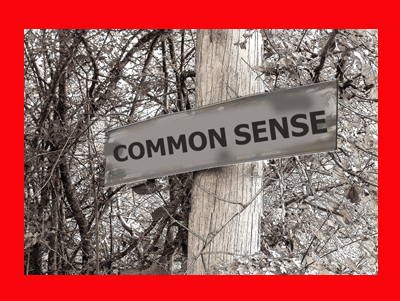
To date, we are not “yet” teaching nutrition throughout our school systems. The fact that we are left to nourish our bodies by trial and error is ludicrous. The fact that we don’t “yet” teach a full course in nutrition to everyone who passes through the doors of medical school is ridiculous. We are technical geniuses, artistic geniuses. Where’s our common sense?
Understanding nutrient composition is crucial to our lives. Shouldn’t we give ourselves, our children and our grandchildren their best chance at having healthy lives? As T. Colin Campbell says,
“It’s never too late to start eating well.”
ACTION STEP
Since not all of us are going to run right out and get interested in the nutrient composition of our diets, here is a 3-stage action step that will suit many different interest levels.
STAGE 1)
Pick up a chart that tells the difference between a fat, a protein and a carbohydrate so that you become familiar which of your foods is which.
STAGE 2)
After completing STAGE 1), estimate how much of your food is in each of those categories.
STAGE 3)
After completing STAGE 2), specifically write down how many grams of each of fat, protein and carbohydrates you eat on an average day. Add up the grams, making sure not to confuse grams, milligrams and
Micrograms (that funny symbol) micrograms.
![]()
If you wish to share your story, please hit reply in your email program to be contacted.
![]()
FEEDBACK
We value your feedback very much.
Please leave a comment below.
Please LIKE us on the website and at
WarriorsOfWeight on Facebook.
You can also follow us on Twitter: @warriorsoweight.
Thanks.
![]()
DIANE GOLD, PUBLISHER AND AUTHOR
Diane Gold, Founder of Warriors of Weight, Turning Habits Into Health, is a mentor in tai chi, kung fu and meditation, a music, fitness and stress expert, dedicated mom, studying plant-based nutrition, peaceful conflict resolution and habit replacement.
She has been experimenting with plant-based food for only about 5 years. Prior to that, she included dairy. As she evolved in understanding the importance of the plant-based diet, she made more recipes of her own. She says,
“It’s pretty interesting to realize all the wonderful ways we can combine nutrients and to realize how vast the overview of nutrition is.
“I have never looked at the percentages of macronutrients that make up my food. But now I am determined to match the nutrient ratios that Dr. Campbell mentions for optimal health in my own diet. And to tell people about this conclusion by one of the world’s medical nutritional greats.
“I’m very excited to have this nutrient composition formula to go by and will start to use it to maximize my life.
“Finally, let us all take good care of ourselves because we are worth it, even if we don’t feel it!”
![]()

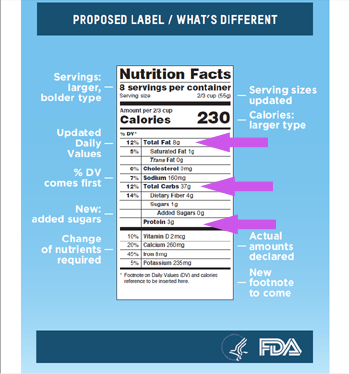
 Animal protein is known to clog arteries. Plant-based is not known to do this.
Animal protein is known to clog arteries. Plant-based is not known to do this. If people are healthier and use less medical services, less pharmaceuticals; they will reduce their own personal costs. They will also reduce the pharmaceutical and medical equipment manufacturing rate as well as the distribution and transportation costs which are 1.5 to 4.5% of their sale price, according to Transportation Journal, Jan., 2005.
If people are healthier and use less medical services, less pharmaceuticals; they will reduce their own personal costs. They will also reduce the pharmaceutical and medical equipment manufacturing rate as well as the distribution and transportation costs which are 1.5 to 4.5% of their sale price, according to Transportation Journal, Jan., 2005. If we could avoid running over a dog or cat in the road, would we do it? Of course, we would. In the same way, if we transitioned to a plant-based diet, we would be doing just that. We would automatically be eliminating the need for the animal industry to replace food we just ate. This means we would slow down the process of using animals for food, which, more times than we would like to think, abuses, terrorizes and mutilates animals. Although there are hard, honest workers in the animal food industry, if there are other choices, can we make them?
If we could avoid running over a dog or cat in the road, would we do it? Of course, we would. In the same way, if we transitioned to a plant-based diet, we would be doing just that. We would automatically be eliminating the need for the animal industry to replace food we just ate. This means we would slow down the process of using animals for food, which, more times than we would like to think, abuses, terrorizes and mutilates animals. Although there are hard, honest workers in the animal food industry, if there are other choices, can we make them?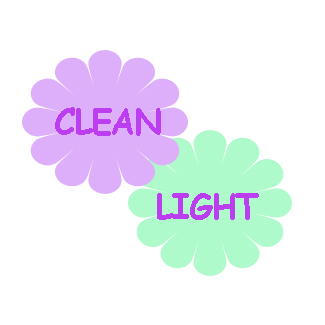 Another reason for considering a plant-based diet (or its direction) is personal to me. Therefore, please consider this in evaluating it.
Another reason for considering a plant-based diet (or its direction) is personal to me. Therefore, please consider this in evaluating it. 2)
2)





